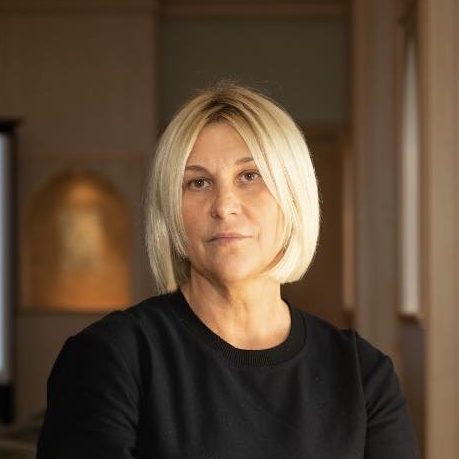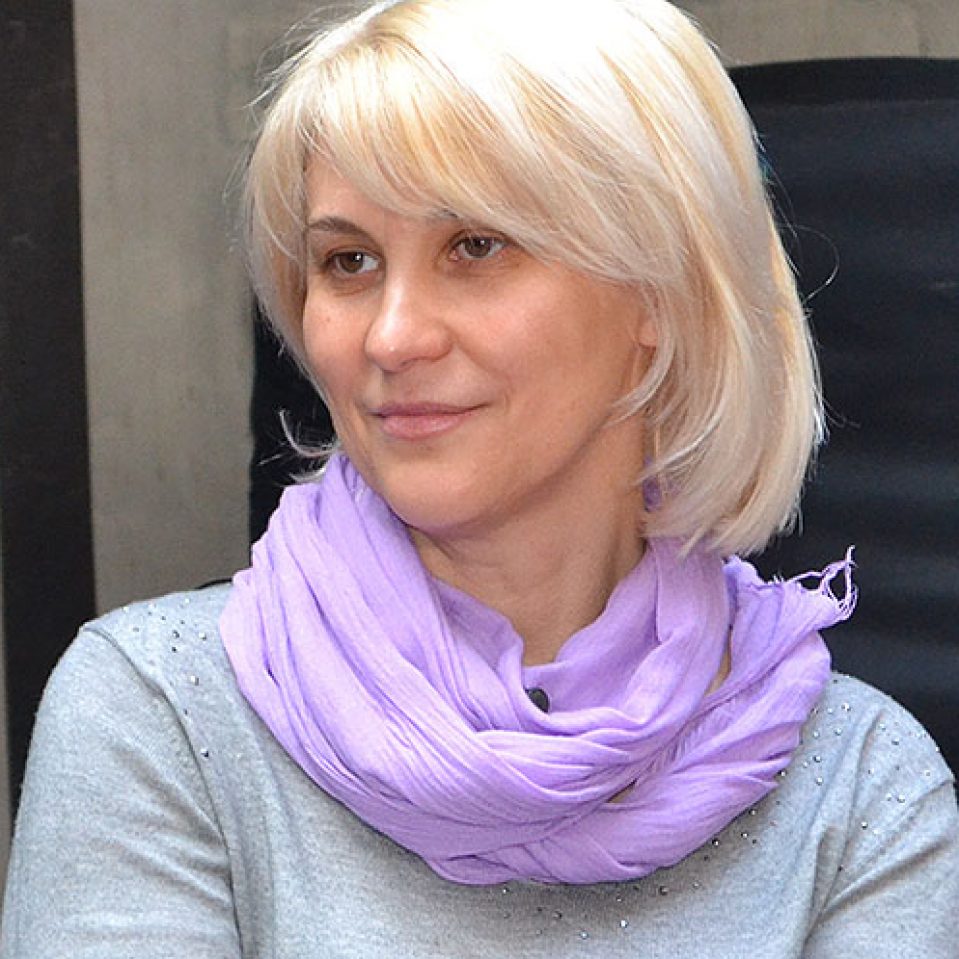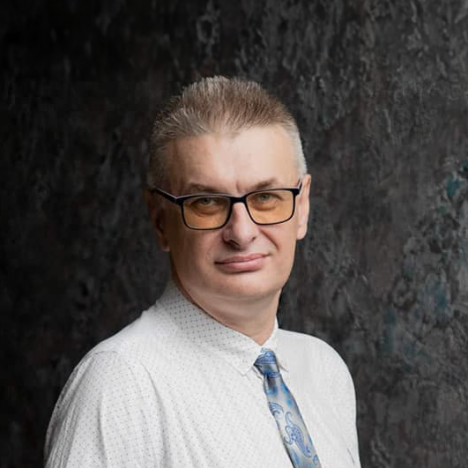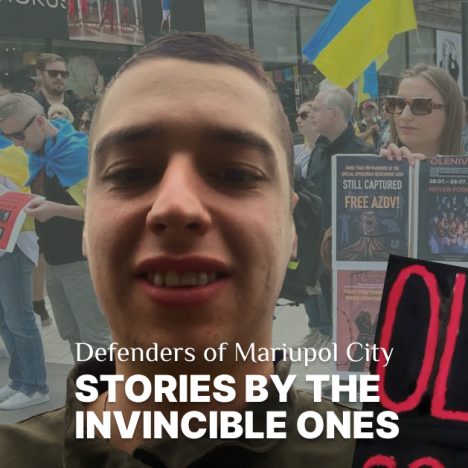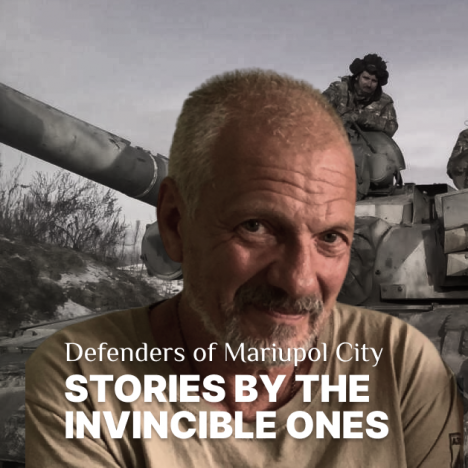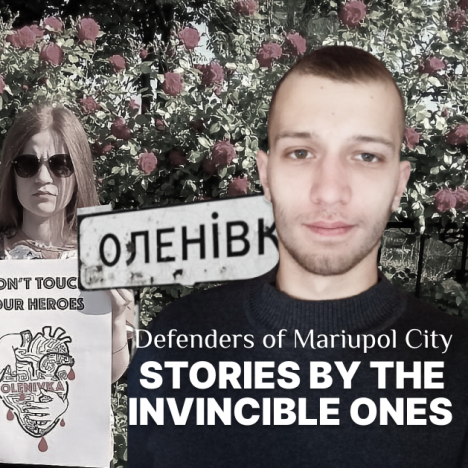My mom had a friend. My mom used to work at a kindergarten. That’s where she met her. Her friend would visit us every time she came to our village. My mom used to have long conversations with her; telling each other jokes and doing occasional favors to one another. Sometimes they would drink a glass of wine. These were typical relationships of two busy rural women.
Then my mother gave birth to my sister. And her friend really wanted to baptize ‘Anna’s girl’.
– I am a Christian, we are friends… Let’s become relatives. Take me for your daughter’s godmother.
My mother was speechless. In our region they say that they one doesn’t refuse when one’s offered to become a godparent. However, there don’t exist any instructions on when someone is asking you to be your children’s godparent.
I will be giving her nice presents’, that’s how her friend was persuading her. She said she had money and she would make a great godmother. My mother was shocked. She turned her offer down without spending much time on thinking.
They have not spoken or seen one another ever since.
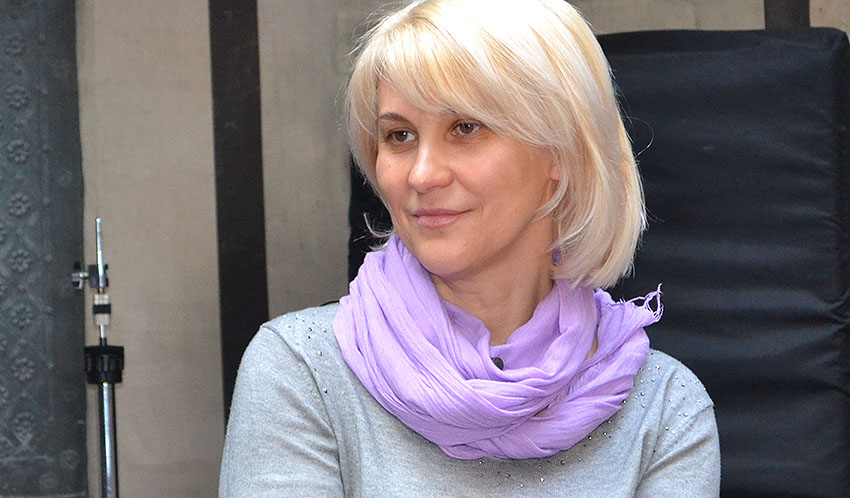
Yesterday I called my mom and asked her about her friend’s name. My mom got confused, the way she did when she received an unexpected offer from her friend many years ago. My mom said she had forgotten her name. After a while she added, ‘Such a pity I did not have enough courage. She is a good person. I was afraid of people gossiping behind my back, of stigma… It can’t be helped now’.
How so? Why would her friend not have made a good godmother?
She would have except for one thing – she was a Gypsy. 43 years ago our society did not tolerate the word ‘Gypsy’.
‘Are you afraid of our entire Gypsy camp coming to your home?’, her friend (whose name is now forever forgotten) asked with a smile on her face. ,We don’t have one! We haven’t had one in a long time. Our kids go to school and we have jobs. Many people still think we make a living by stealing horses.
Every time when something happens connected to the Roma people, I publish a post on Facebook or write a text for some media source. With time I see the tonality of comments change. 7 or years back I would receive tons of hateful comments suggesting that I ‘let those people in my apartment’. For the last 2-3 years we have been able to hold a normal discussion on the topic of the Roma people as well as acknowledge the fact that Ukraine is facing problems with their integration, with the attitude towards the Roma community and guarantees of security for the Roma women and children.
I am from the Tatarbunary district in the Odesa oblast. For many centuries there has been a melting pot of nations and traditions. It would be weird for the people of that region to be proud or ashamed of their origin. The southern part of the oblast is a mix of various nations. We’ve got Moldavian, Romanian, Bulgarian, Roma, Gagauz and even Albanian settlements bearing traditional national names. As a rule, all of their inhabitants have been on good terms with one another for hundreds of years.
In Tatarbunary the first ethnic conflict occurred back in the 1980’s prior to the one in Nagorno-Karabakh. A Roma lad had committed a crime. Afterwards people began a pogrom of the Roma people’s houses. Those people were being evicted with their houses being smashed up…
This incident gets mentioned in the media especially when something of the sort takes place.
It should be noted that not only the fact of the pogroms is mentioned, but the media make an attempt to understand the reasons for that, who is to blame and who has let these terrible barbarian outbursts happen.
This was the case when back in August 2016 one of the largest conflicts took place in the village of Loshchynivka, the Odessa oblast. A representative of the Roma national minority was suspected of raping and deliberately killing an 8-year-old girl. And the locals evicted the entire Roma population from the village. Roma homes were destroyed with families with children having lost their homes and property which they were not able to take with them.
It is worth mentioning that at that time the representatives of public authorities took an active part in the shameful events. They unequivocally sided with the rural community and by their silence and non-interference in the process (and in some cases with their involvement) caused even greater activity in the eviction of Roma.
The following events exerted a significant impact on public opinion. While the investigation was going on, journalists and human rights activists from Odesa started their own investigation. They quickly found out that the accused of the terrible crime had a cast-iron alibi. That was confirmed by the testimony which had not been taken into account by investigators. Publications in the Odessa and national media ensued. The investigators, as it turned out, drew conclusions based on assumptions. Defendants insist that there is evidence in the case that proves involvement in the murder of a different person.
Subsequently, 7 Roma families filed a lawsuit. During 4 years of court proceedings, these people passed all three courts and reached the Supreme Court of Ukraine.
The lawyer of Roma families Yulia Lisova provided the media with comments on the case:
‘The first two instances sided with the plaintiffs, i.e. the victims of Roma families. The court of the first instance found that the actions of the Loshchynivka mayor were illegal, and the appellate court satisfied our demands to a greater extent. It stated that both the actions of the village head and the inaction of the police were illegal. A non-pecuniary damage of 20,000 for each victim was also claimed. These damages even started to be paid. However, all of a sudden, the Supreme Court overturned the decision of the appellate court and sent the case for a new trial. Now we have to start all over again’
And the evicted Roma families have made it back to Loshchynivka… And the one accused of hideous crimes is still at a pre-trial detention center. There has been no sentence yet. The precautionary measure has not been changed. The case won’t budge.
In 2018, the European Court of Human Rights upheld a lawsuit filed by Ukrainian citizens, Roma by origin, against the attack on their homes and the organization of an “anti-Roma” pogrom. The events took place in the village of Petrivka, Ivaniv district, the Odesa oblast. The reason for that was the accusation of a Roma of a premeditated murder, which had not been confirmed during the investigation process.
When the possibilities for defense at the national level were exhausted, the plaintiffs appealed to the European Court. Two plaintiffs died during the trial. However, justice was restored. Violations of rights were proven. The victims received compensation from 9 to 11 thousand Euros.
The media coverage of the so-called ‘Roma’ topic merits a separate mention. According to the Ministry of Internal Affairs, despite the fact that in the media the fraud committed by the Roma people hits the headlines of the criminal articles, the statistical data prove otherwise.
Ethnographers believe that the same situation goes for the fraud and drug trafficking committed by the Roma people in Ukraine.
It is gratifying that a number of media outlets have begun to pay more attention to their vocabulary. Well, really, when a Roma is detained, for some reason they prefer to report it immediately. Not so much when it comes to detention of a Ukrainian. Either be consistent or don’t be ashamed.
This is why I stubbornly keep writing about the attitude to the Roma, about interaction and integration, about the need not to support any kind of discrimination and to keep learning.
In the Odesa oblast, according to the last census (which was conducted in 2001), there lived about 10,000 Roma. In Ukraine their number almost hits the mark of 47 thousand.
It is clear that these figures are significantly understated. Representatives of Roma communities claim that they are understated by the fraction of 10. And even if they underestimated, proportionally a quarter of the Roma people reside in the Odesa oblast. Acute conflicts still occur here. Local sociologists note that these are mostly the Roma people whom nobody wants to see as a family member or a neighbor. They are followed by the representatives of the ‘Caucasian’ nationalities.
We are gradually freeing ourselves from the psychology of exaltation, we are learning tolerance and good neighborliness in our own home country. And we are having a hard time taking these steps. These steps are still worth taking should we find it important to remain smart, thinking and responsible people.
… My mom called. She remembered!
– My friend’s name was Donka. How could I forget?! Donka! But you know what, I’m nearly 80. I forget lots of things! Donka… She was, I guess, 7 years my junior. Is she alive now? I wish I could find her…
I don’t know how to find her yet. But I will give it a try.
Zoya Kazanzhy
exclusively for InfoPost.Media
Ez a szöveg magyarul is elérhető: Hogyan találjuk meg Donkát?
Ця публікація доступна також українською: Як знайти Донку?
*This text is the author’s column, which means it represents, first of all, the views of the author of the material, which may not coincide with the views of the InfoPost. We publish author’s columns, first and foremost, for the sake of discussion of important topics, since we believe in the power of public dialogue. Should you want to write an author’s column for us, email us at editor.infopost@gmail.com
